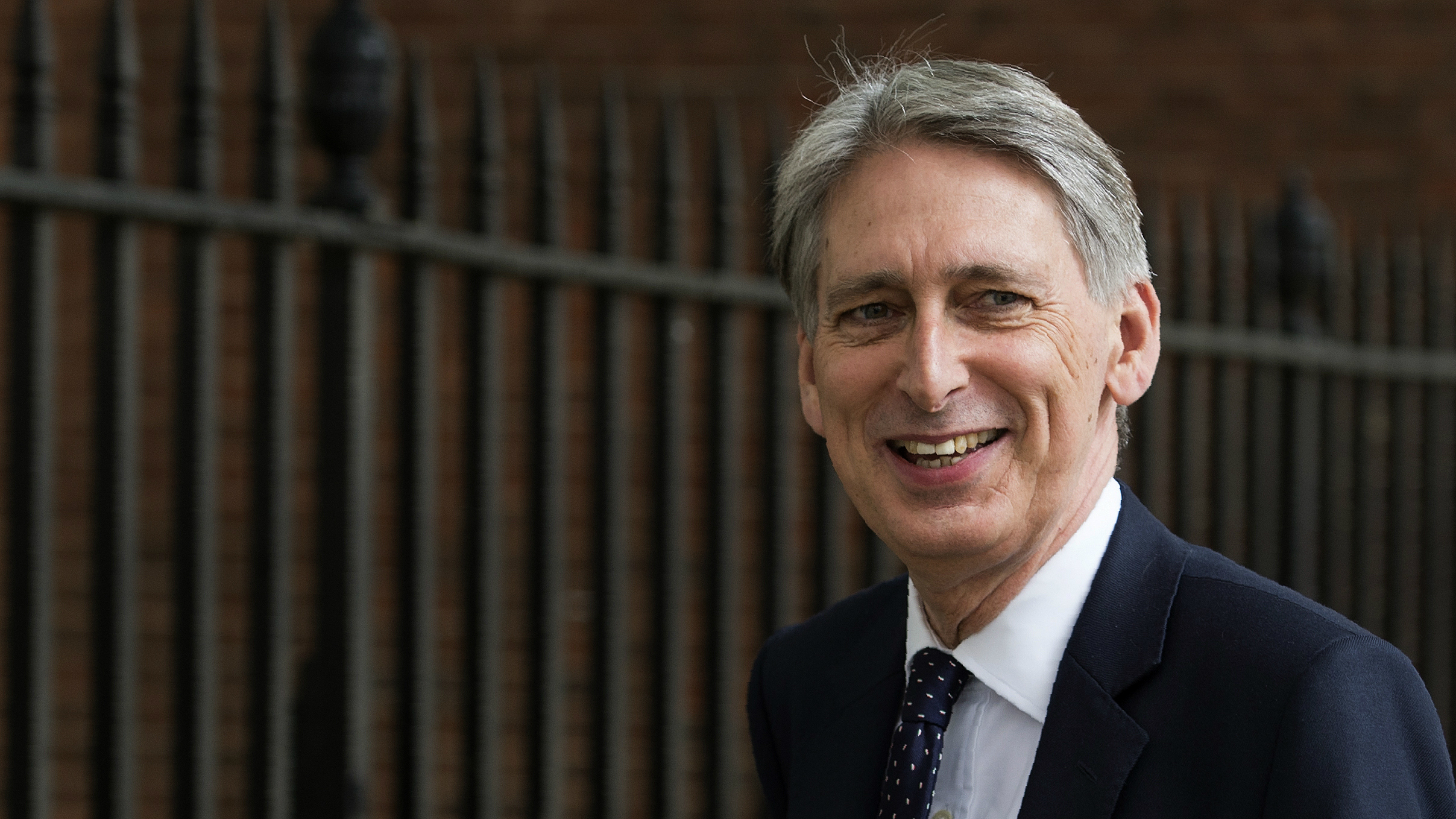Fact Check: Did Philip Hammond's Budget breach a manifesto pledge?
Chancellor risks backbench rebellion with rise in self-employed National Insurance contributions

A free daily email with the biggest news stories of the day – and the best features from TheWeek.com
You are now subscribed
Your newsletter sign-up was successful
Even the right-wing press are attacking Philip Hammond today, amid claims he breached a key Tory manifesto pledge in yesterday's Budget.
It is alleged that by increasing national insurance contributions (Nics) for the self-employed, the Chancellor broke a promise not to raise any of the main personal taxes.
Experts have said it could prompt a Conservative rebellion, leaving the government's slim majority vulnerable. His decision has also been criticised across the press, with even The Spectator branding it a "disaster".
The Week
Escape your echo chamber. Get the facts behind the news, plus analysis from multiple perspectives.

Sign up for The Week's Free Newsletters
From our morning news briefing to a weekly Good News Newsletter, get the best of The Week delivered directly to your inbox.
From our morning news briefing to a weekly Good News Newsletter, get the best of The Week delivered directly to your inbox.
But the Tories and Hammond himself have defended the policy in the name of "fairness".
What are the facts?
Hammond is sticking to his guns on spending restraint, so despite the economy earning itself some headroom with better-than-expected performance since the Brexit vote, he vowed to fund any giveaways with tax increases.
The big giveaways were £2bn in grants for social care in the next few years and a three-pronged package to soften the blow of business rates increases.
A free daily email with the biggest news stories of the day – and the best features from TheWeek.com
This was offset by a cut of 60 per cent in the dividend tax allowance that affects entrepreneurs and, critically, an increase in class 4 Nics paid by the self-employed, which will rise one per cent this year and a further one per cent in 2019.
Who says what?
The accusation is that this breaches a key Tory manifesto pledge ahead of the 2015 general election which promised not to increase any of the three main personal taxes.
"We can commit to no increases in VAT, Income Tax or National Insurance," it said.
"On at least four separate occasions in that document, the Conservatives said they would not increase national insurance rates," says the Financial Times.
Hammond has defended the policy, saying that at nine per cent, the self-employed pay a much lower rate of national insurance than the 12 per cent paid by PAYE employees, despite using public services to the same degree.
More importantly, the government is pointing to the "tax lock" legislation passed in the summer of 2015, which referred only to class 1 national insurance paid by PAYE workers.
"The government's defence of the manifesto broken promise on 'no national insurance hikes' appears to be: you should have listened more carefully to what we told you after the election," says Gary Gibbon on Channel 4 News.
Who is right?
Hammond is technically correct that the Tories have not broken their own law: the legislation definitely only refers to class 1 contributions.
But it's equally clear that the manifesto made no distinction and highly probable that the pledge was made with every intention that it be interpreted as a blanket commitment.
In fact, the Conservatives even attacked Labour over claims it was planning to raise Nics, which it said risked "hitting hard-working taxpayers and costing jobs".
At the very least the change breaches the spirit of the manifesto – but that's being generous. If you take the wording at face value, as most voters would, it's a breach plain and simple.
The whole issue probably shows why the pledge was criticised in the first place as too restrictive and leaving too little room for manoeuvre.
In a speech in parliament yesterday, Andrew Tyrie, Tory chair of the Treasury select committee, said that even under the limited provision passed into law, "80 per cent of tax revenue is out of reach" for the Chancellor.
-
 Russia’s ‘cyborg’ spy pigeons
Russia’s ‘cyborg’ spy pigeonsUnder the Radar Moscow neurotech company with Kremlin-linked funding claims to implant neural chips in birds’ brains to control their flight, and create ‘bio-drones’
-
 Political cartoons for February 8
Political cartoons for February 8Cartoons Sunday’s political cartoons include going down the drain, American history, and more
-
 Touring the vineyards of southern Bolivia
Touring the vineyards of southern BoliviaThe Week Recommends Strongly reminiscent of Andalusia, these vineyards cut deep into the country’s southwest